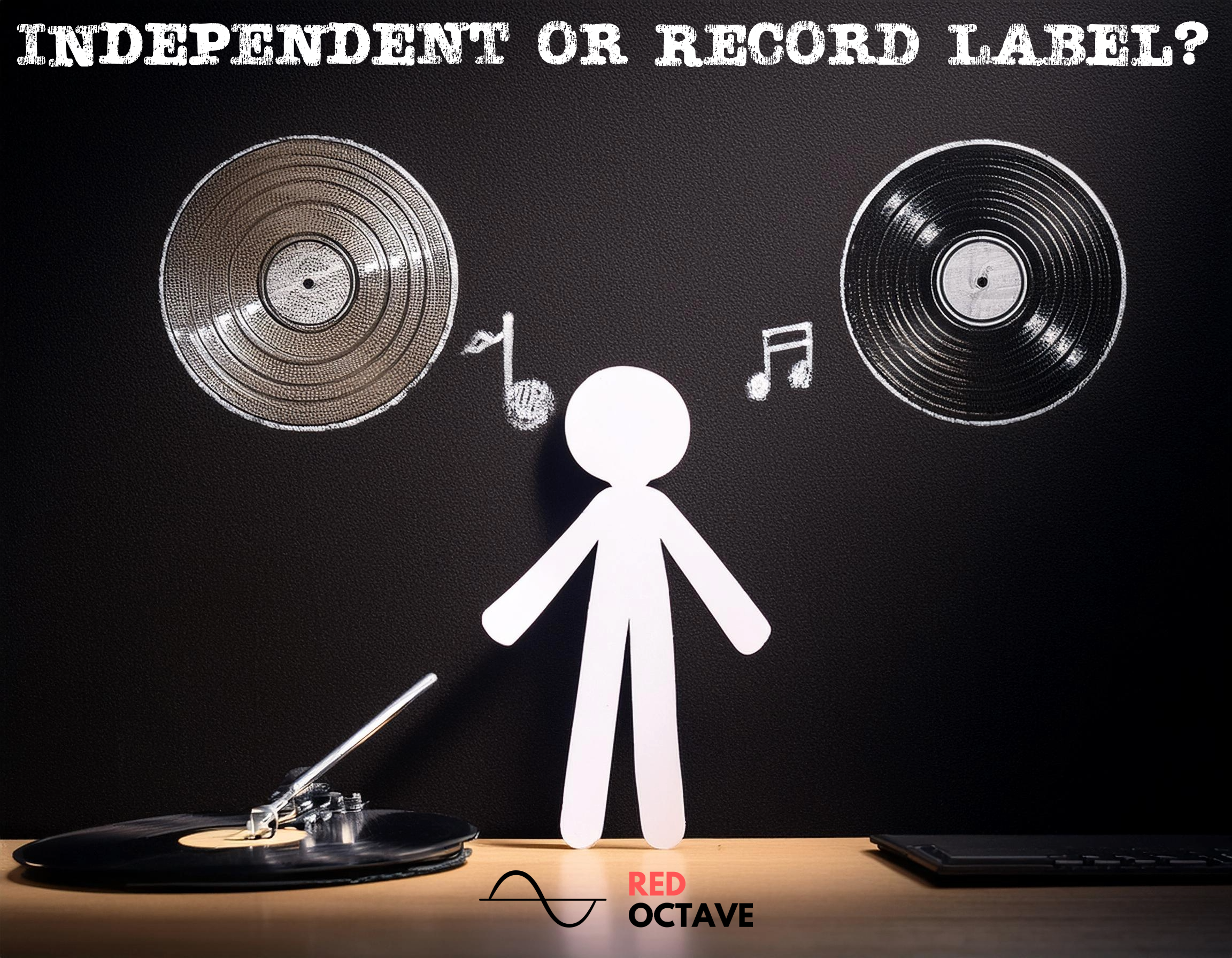In the evolving landscape of the music industry, the question “Do I still need a record label in 2024?” is more relevant than ever. With technological advancements and changing consumer habits, artists have more options than ever before. Here, we explore the pros and cons of signing with a record label versus going independent.
The Role of Record Labels Today
1. Financial Support Record labels often provide substantial financial backing for recording, marketing, and touring. This support can be crucial for emerging artists who lack the resources to fund these activities independently.
2. Industry Connections Labels have established networks with producers, media, and distribution channels. These connections can open doors that might otherwise remain closed to independent artists.
3. Marketing and Promotion One of the biggest advantages of being with a record label is access to professional marketing and promotional teams. These experts can craft effective campaigns to reach a broad audience, a task that can be challenging for independent artists.
4. Distribution Labels often have established distribution channels, ensuring that an artist’s music reaches various platforms and physical stores efficiently.
The Independent Route
1. Creative Control Going independent allows artists to maintain full creative control over their work. There are no compromises or external pressures to conform to a label’s vision.
2. Financial Independence While independent artists bear the financial risk, they also reap all the rewards. With platforms like Bandcamp, Patreon, and direct-to-fan sales, artists can retain a larger share of their revenue.
3. Direct Fan Engagement Independence fosters closer relationships with fans. Artists can interact directly through social media, live streams, and personalized content, building a loyal fan base.
4. Flexibility Independent artists have the flexibility to release music on their own schedule without adhering to a label’s timeline or marketing strategy.
Hybrid Models and New Trends
1. Distribution Deals Some artists opt for distribution deals rather than full-fledged record deals. This allows them to benefit from a label’s distribution network while retaining creative and financial control.
2. Crowdfunding Platforms like Kickstarter and Indiegogo have enabled artists to fund their projects through fan contributions. This not only provides financial support but also gauges audience interest and engagement.
3. Social Media and Streaming The rise of social media and streaming platforms has leveled the playing field. Artists can achieve viral success without traditional marketing, as seen with platforms like TikTok and Spotify.
4. DIY Tools and Resources There are countless tools and resources available to help independent artists manage their careers. From music production software to marketing analytics, artists can now handle many aspects of their careers independently.
Conclusion: Weighing Your Options
Whether or not you need a record label in 2024 depends on your individual goals, resources, and circumstances. Record labels can provide valuable support and connections, but the independent route offers unparalleled freedom and potential financial benefits. Many artists are finding success with hybrid models that combine the best of both worlds. Ultimately, the decision should align with your vision for your music and career.
What are your thoughts on the necessity of record labels in 2024? Have you had experiences that influenced your perspective? Share your comments below!




